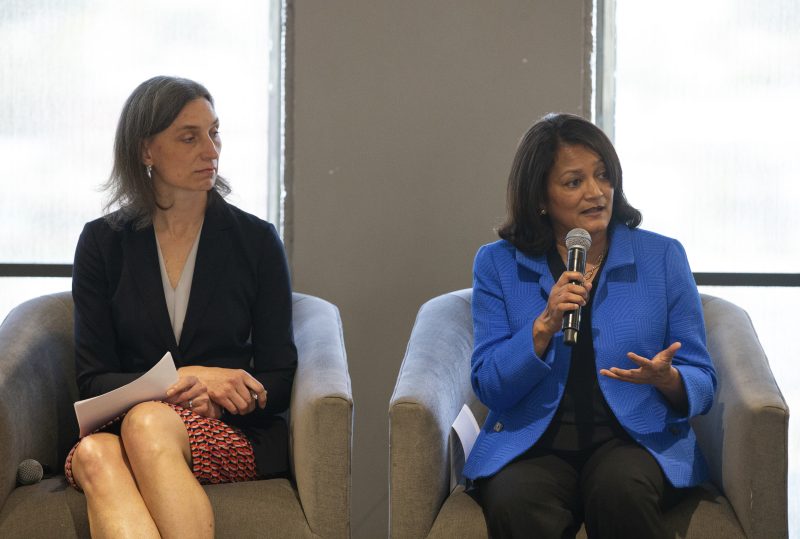Progressive Democrats Aren’t Turning Activism Into Election Wins
The recent surge in progressive activism within the Democratic Party has garnered much attention and praise. From calls to defund the police to advocating for the Green New Deal, progressive activists have been successful in amplifying their voices and pushing for systemic change. However, despite the enthusiasm and energy surrounding progressive causes, there is a growing concern that activists are struggling to translate their grassroots organizing into election wins.
The disconnect between activism and electoral success is becoming increasingly apparent in the Democratic Party. While there is no doubt that progressive candidates have made gains in recent years, particularly in deep-blue districts, many contests have shown that progressive messaging alone is not enough to secure victory. This raises critical questions about the effectiveness of progressive activism and the strategies needed to turn grassroots support into actual political power.
One key factor contributing to this disconnect is the limited appeal of progressive messaging outside of the party’s base. While issues like Medicare for All and a $15 minimum wage may resonate with Democratic primary voters, they often face greater scrutiny and criticism in general elections. Critics argue that progressive policies are seen as too radical or unrealistic by moderate and independent voters, making it difficult for these candidates to build a broad coalition of support.
Another challenge faced by progressive activists is the lack of infrastructure and funding compared to more established political organizations. While groups like the Democratic Congressional Campaign Committee (DCCC) and the Democratic Senatorial Campaign Committee (DSCC) have significant resources at their disposal, many progressive candidates and organizations operate on shoestring budgets, relying primarily on grassroots donations and volunteer support. This imbalance in resources can put progressive candidates at a disadvantage when it comes to competing in high-stakes elections.
Moreover, the fragmentation within the progressive movement itself has also hindered its electoral success. While there is a shared commitment to advancing progressive policies, there is often disagreement on the best strategies for achieving these goals. Divisions between various factions within the movement can lead to infighting and lack of coordination, diluting the impact of progressive activism on the electoral process.
To overcome these challenges, progressive activists must focus on building a more inclusive and strategic approach to their organizing efforts. This includes forming coalitions with other progressive groups, as well as reaching out to moderate and independent voters to broaden their base of support. Additionally, investing in long-term infrastructure and developing comprehensive campaign strategies are essential to compete effectively in elections.
Progressive Democrats have undoubtedly made significant strides in shaping the party’s agenda and pushing for transformative policies. However, to translate their activism into tangible electoral wins, they must confront the barriers that have thus far impeded their progress. By uniting behind common goals, mobilizing resources effectively, and appealing to a broader spectrum of voters, progressive activists can harness their energy and enthusiasm to achieve greater influence within the Democratic Party and beyond.
